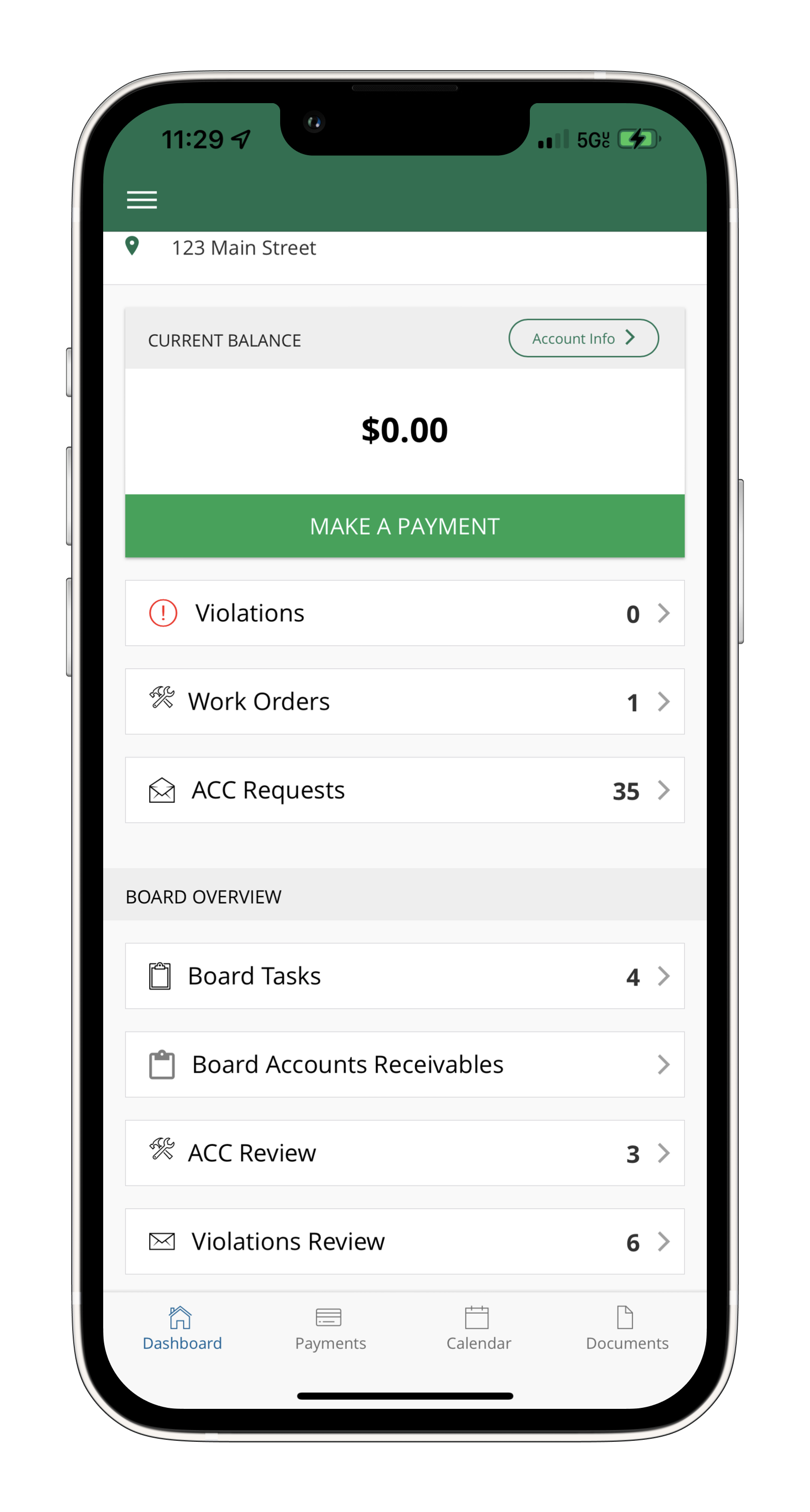


Is the Tail Wagging the Dog with Your Community’s Pet Policies?
December 7, 2020


TCAA – February Legislation Update
February 2, 2021“The right to restrict will require very precise restrictive covenant language.”
During the current pandemic an unexpected trend in a beleaguered hospitality industry has been an increased demand for the short-term rental of homes.
Concurrently, many residential HOAs are experiencing a significant increase in short-term rental activity and conflicts involving the rental of single-family homes, often owned by out-of-state investors or homeowners facing financial constraints.
Community boards and management teams are well advised to ensure they have a good understanding of the potentially applicable community deed restrictions and other resources that may help regulate this specific type of rental activity.
Ongoing legal battles in Texas courts have begun to address HOA conflicts arising from this trend. In 2018, the Texas Supreme Court issued an important opinion addressing the hotly debated issue.
Tarr v. Timberwood Park Owners Ass’n, Inc. 556 S.W.3d 274 (Tex. 2018), provides a general road map for associations and their owners to follow when considering short-term rental use in a residential community. In this case, an association sought to prohibit an owner of a single-family home from advertising and renting his property as a short-term vacation rental through various online websites. The association sought to rely on certain deed restriction language related to 1) “residential purposesâ€; 2) general business use/activity prohibition; and 3) “single-family dwellingsâ€. The court in Tarr rejected the association’s reliance on the “residential†and “business†use deed restrictions, ruling the restrictions did not specifically prohibit the short-term rental activity. The court found such rentals akin to residential use, not business use or conduct.
However, the opinion in Tarr does not suggest that an association can never prohibit this type of rental activity. Rather, the right to restrict will require very precise restrictive covenant language to prohibit this use. More importantly, the Tarr decision did not address other possible deed restrictions or municipal codes that potentially could regulate short-term rental activity to some extent.
Thus, the association board and management team should work closely with legal counsel to consider the best strategies for addressing short-term rentals. First, review the community’s current governing documents, such as: Â
- Other existing leasing language
For example, the Tarr court did not address an association’s right to prohibit short-term rental through existing lease language that may be included in an association’s existing deed restrictions Lease provisions often require a minimum term of 6 months or longer, or prohibit renting only a part of a single-family residence. Leases also typically have other requirements imposing responsibility for the renter’s conduct and ensuring renters understand their obligation to comply with the rules and restrictions governing the community.


- Existing definitions of residential and single family
Separate attention should also be paid to how the existing restrictions define residential and/or single-family “useâ€, including occupancy/familial limitations, specific business use limitations, etc.
- Existing general nuisance and annoyance restrictions
Most deed restrictions include a general nuisance or annoyance restrictive covenant that can have broad applications. These may be applied to ensure otherwise permitted short-term rental activity does not result the type of conduct and activity that may be associated with transient type of occupancy – loud parties, traffic/congestion, property damage, and other conduct inconsistent with other owners’ reasonable expectations of use and enjoyment of their properties in the community. However, these may be ineffective when dealing with an absentee owner who is hard to contact and has minimal ability to control his/her renter’s conduct in a timely manner.
When considering this type of restriction, part of the board and manager’s strategy should be to encourage complaining owners to contact the local authorities as a way to build a record of complaints and document evidence of a pattern or practice that is not isolated. A record showing a history of problems associated with a particular rental property can prove helpful to the association’s board and legal counsel when considering fines and possibly pursuing legal action to enjoin the unwanted activity.
Additionally, consider enlisting outside enforcement: Municipal ordinances
Many municipalities are paying more attention to the short-term rental activity in residential communities. For example, the City of Frisco is currently considering changes to its local ordinance. If enacted, it may require the owner pursuing short-term rentals to obtain a permit or license, pay certain taxes, impose penalties for violations of the ordinance, and establish other requirements to focus accountability. Especially in the case of absentee owners, this affords a channel to deal with improper conduct and activity in real time.
By all indications, short-term rentals will continue to grow as a popular residential use activity in single-family use communities. Association boards, managers, legal counsel, and government authorities will need to work together and carefully consider how best to address this type of use and the increased friction that often results between owners.
A word of caution
If you are considering amending your existing deed restrictions to prohibit short term rentals, a word of caution is in order. Currently, there are several cases working through the Texas court system involving owner challenges to the right of an association to amend deed restrictions that change the rules and seek to prohibit short-term rental activity that is currently permitted under the existing governing documents.
Disclaimer: This document is not exhaustive AND Is not intended to be relied on as legal advice or an accurate representation of current legal standards concerning the matters discussed. The reader is cautioned to consult with an attorney for specific legal advice on questions or issues related to the topic discussed.

Founding attorney Daniel Pellar of The Pellar Law Firm, PLLC, worked as a partner in a large law firm with offices in both Houston and Dallas. He has over 20 years of experience working with clients to provide unsurpassed legal representation both in and out of the courtroom.
If you found this article helpful, you may also find other topics relevant to your HOA on this blog at Community. Well-Served.





